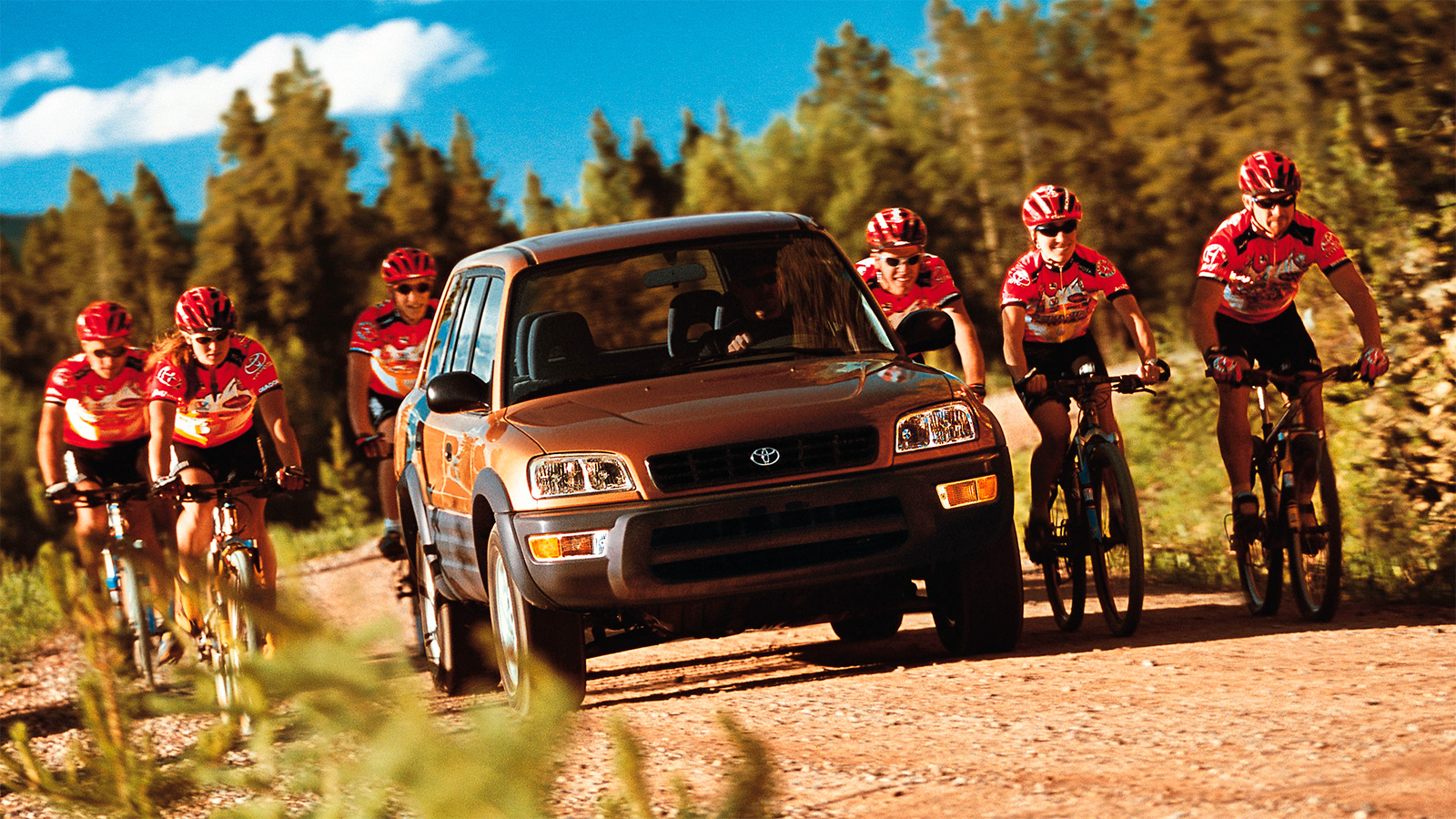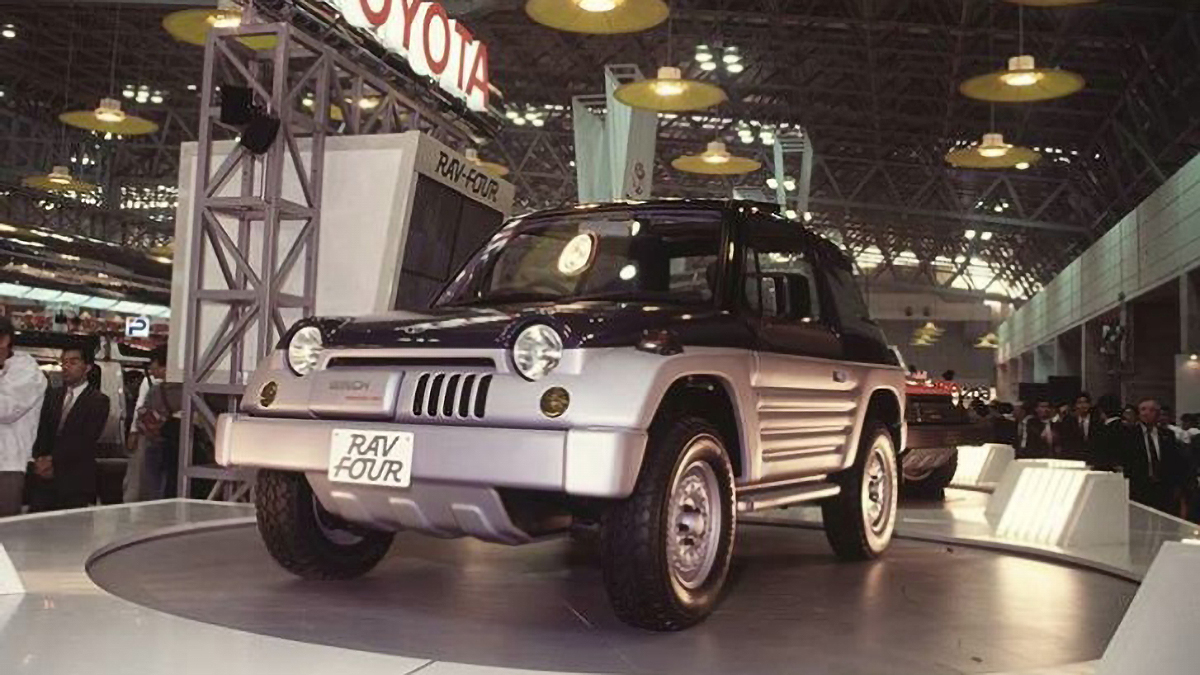The Original RAV4 Concept Looks Unbelievable Next To The Current Crossover
The RAV-FOUR was meant to be a "neo-urban 4WD car," which is not at all how you'd describe whatever it is now.
Surely, you know of the Toyota RAV4 even if you can't remember exactly what it looks like at this moment. If you can't, don't sweat it because neither can I; I had to look it up just now to reacquaint myself. Apparently, these days you can order one in blue with a white roof, which strikes me as a thinly veiled attempt to remind buyers of the FJ Cruiser, a vehicle that had 20 times more personality.
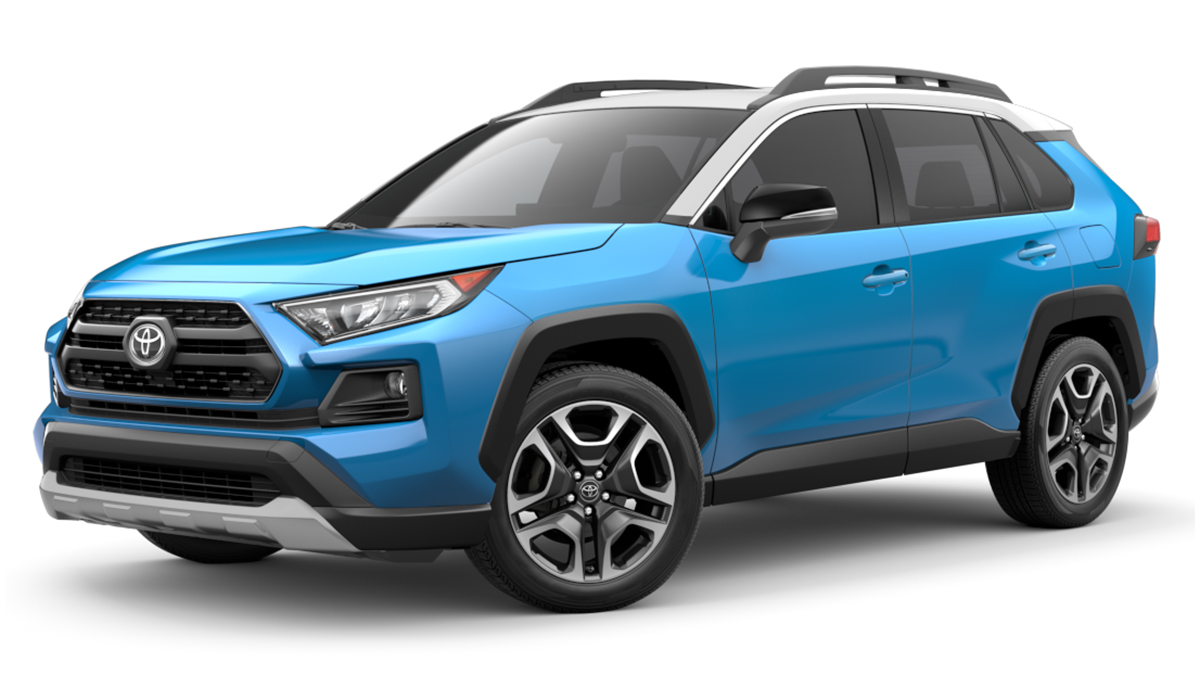
But once upon a time, the RAV4 had personality of its own. It was coke-bottle shaped, had two doors (or four) and kept an extra tire on the tailgate — the best spot for a spare, followed closely by the approach taken by French automakers and Yugo. The first-gen RAV4, released in the U.S. in early 1996, was friendly and plucky, which made it cooler than if it tried really hard to be cool as the more recent generations have.
The original RAV4 even made a for a sick hill climb challenger back in the day, particularly when a 3S-GT3 out of an MR2 was stuffed in it.

But the RAV4's story gets even better when you consider how it looked when Toyota first began developing it, which is not at all how it later appeared on our roads.
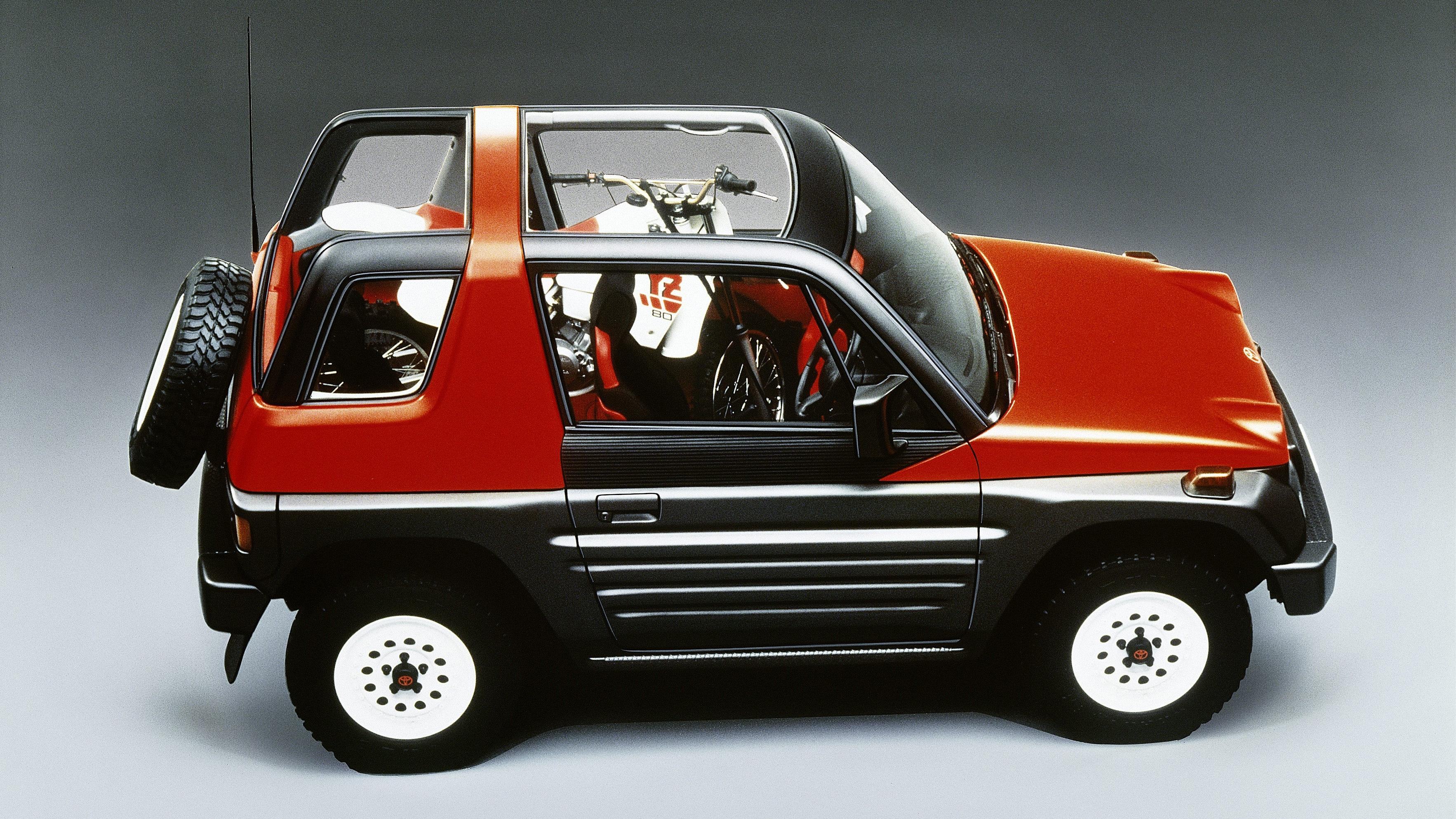
Yes, that's a dirt bike in the empty cabin space left of the driver's seat. This is the RAV-FOUR concept from the 1989 Tokyo Motor Show. I assure you that's also spelled correctly — I can prove it with this rad archival promotional shot of the front. This thing's so old, it predates Toyota's decision to go with alphanumerics.
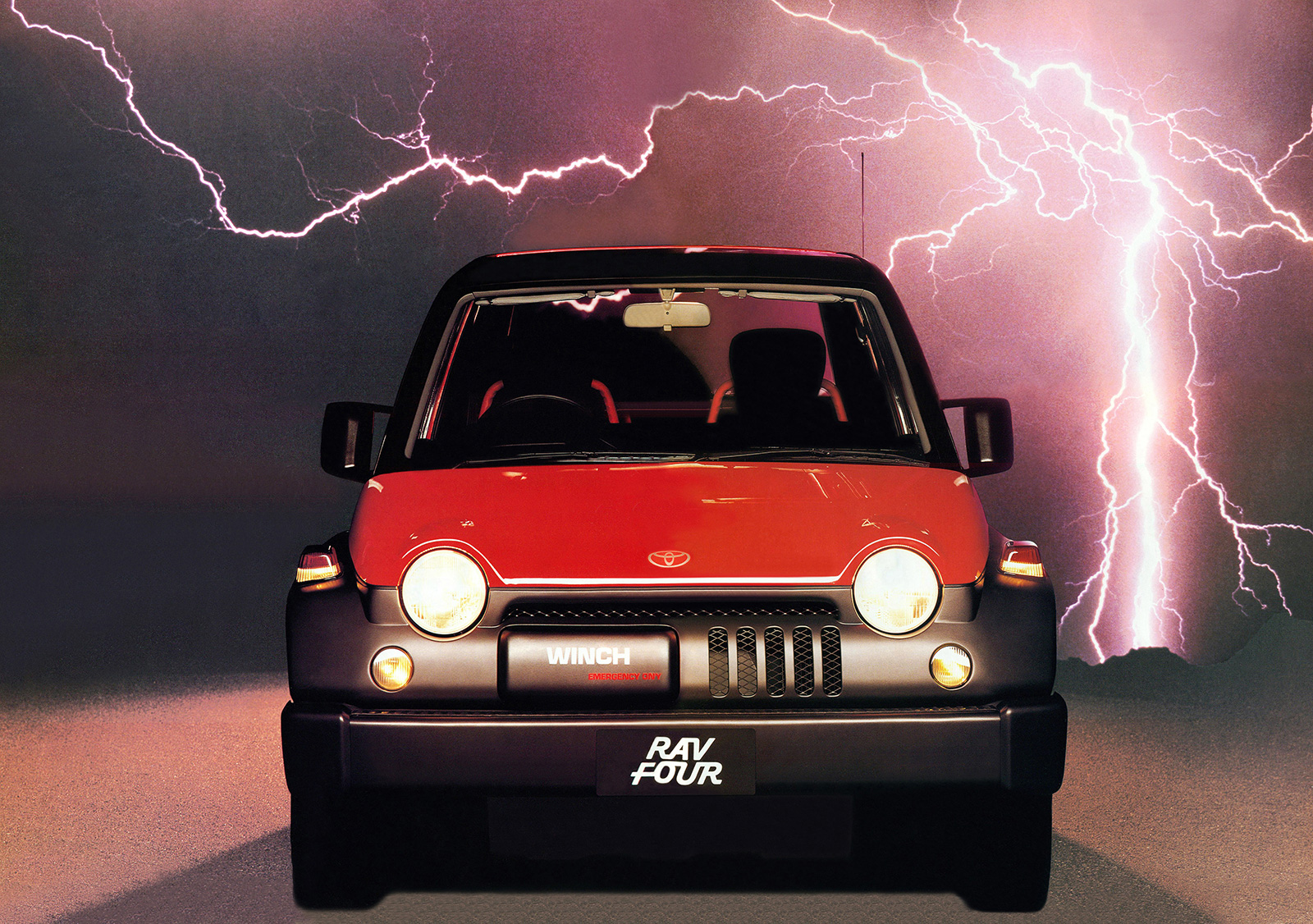
In a press release from the RAV-FOUR's reveal, Toyota described the car as a "neo-urban 4WD car designed to cater to the active lifestyles of young city dwellers by integrating the functions of an off-road 4WD vehicle." It's a wonderfully roundabout, needlessly complicated way of saying "little SUV for young city folk," but then we can much more easily grasp that pitch today than showgoers probably would have been able to 32 years ago, so the awkward language is appropriate.
The RAV-FOUR was part of Toyota's "New Harmonious Lifestyle with Cars" theme at the Tokyo Motor Show that year, alongside the Previa and the Dynavision concept. You know the Previa — it's the best minivan ever — meanwhile, the Dynavision was kind of like a news van except with 12 TVs inside, plus a computer terminal.
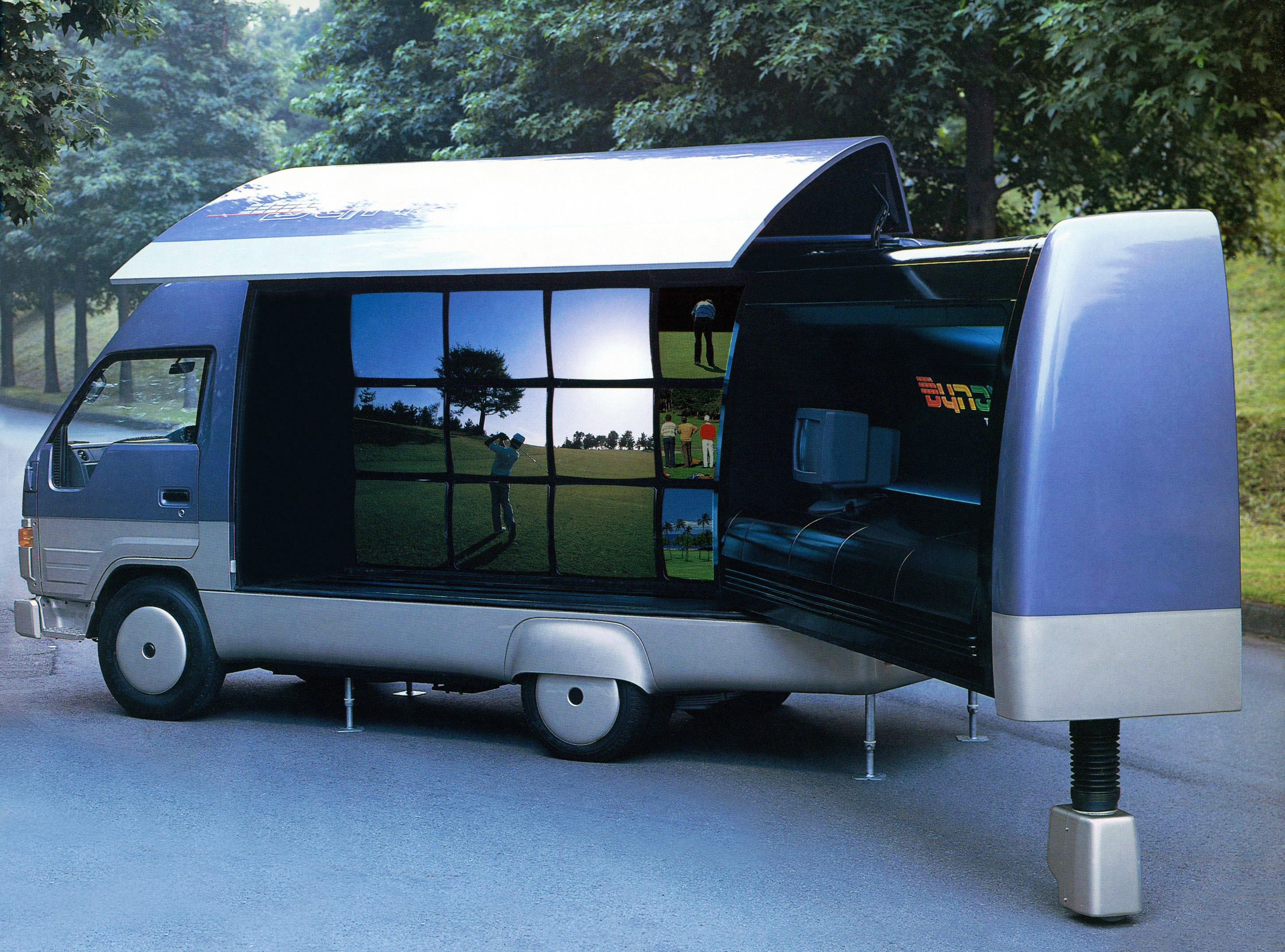
As for the RAV-FOUR, I'm intrigued by how drastically the SUV's styling changed in the five or so years between Toyota introducing this prototype and the production RAV4 hitting showrooms in Japan. Both interpretations of the urban 4WD pitch get the point across even though they look completely different.

The concept is, of course, more utilitarian, in a militant-but-cute-about-it way. You can see the genesis of the production RAV4's ribbed plastic door cladding in this design where it previously consumed much more space. In fact, there's so much cladding on this guy, the red pops of color on the hood and B pillar stand out far more than if the car was entirely painted one shade.
For 1989, the RAV-FOUR's boxy bulldog looks — like some cross between a Suzuki Samurai and Honda City — fit right in. (It really is a bigger and tougher City, except the Motocompo is a dirt bike.) But by the early-to-mid '90s, smooth surfaces and more sculpted lighting were in vogue. You can see it in the RAV4's contemporaries, like the Suzuki X-90 and, of course, the Honda CR-V that came a bit later.
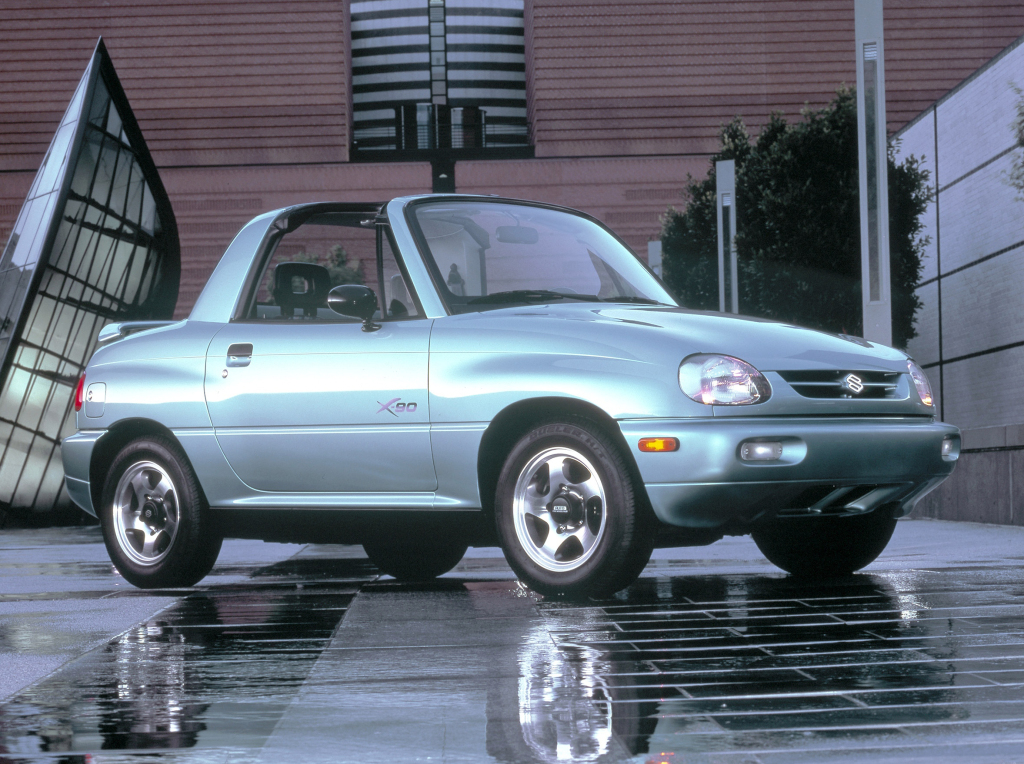
The production RAV4 certainly lost a bit of the concept's charm in the transition, however, it also looked more substantial, muscular and futuristic. The SUV kept its friendly, lighthearted aura in spite of losing its adorable face and quirky offset grille. Perhaps the original design might've worked for Japan, but I reckon it would have been too out there for the rest of the world. Particularly the West. Given that the RAV4 became a runaway success, the nameplate has continued to this day and we're still talking about it right now, I'd say Toyota chose wisely.
The production interior was objectively a downgrade, though. I love the two-tone theme of the prototype, where the red continues into the lower half of the cabin. The dashboard was much leaner, too, but still seemingly production-viable for the early '90s. The net is the cherry on top — it makes me want to go on a safari.
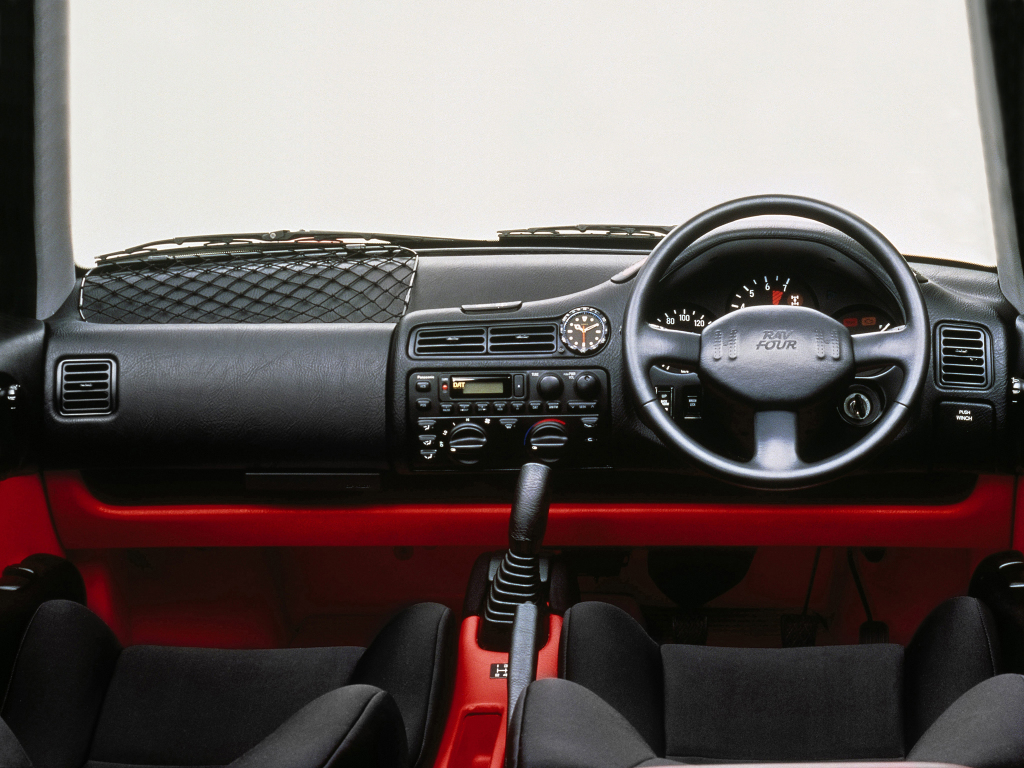
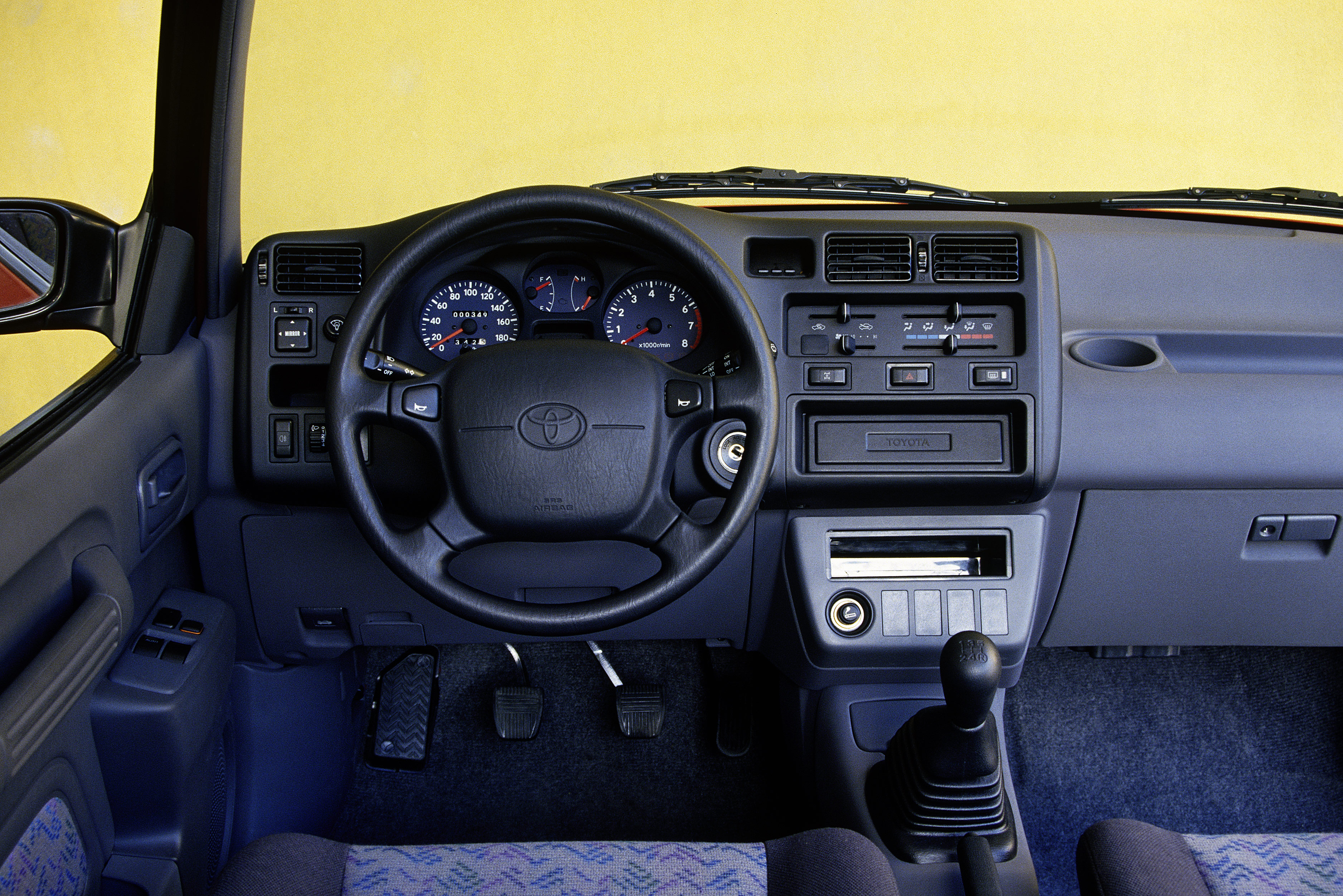
So next time you see a RAV4 on the road — which is guaranteed to happen within hours, more likely minutes of reading this story — remember that like all of us, Toyota's compact SUV emerged with a childlike zeal for life, channeled that into the optimal mix of form and function at its peak, and has become increasingly bloated and tired through the passage of time, all while the gleam of youthful exuberance slowly departs its soul.
I made myself sad. Here, have another wholesome picture of a RAV4 living its best life. Just happy to be part of the team.
